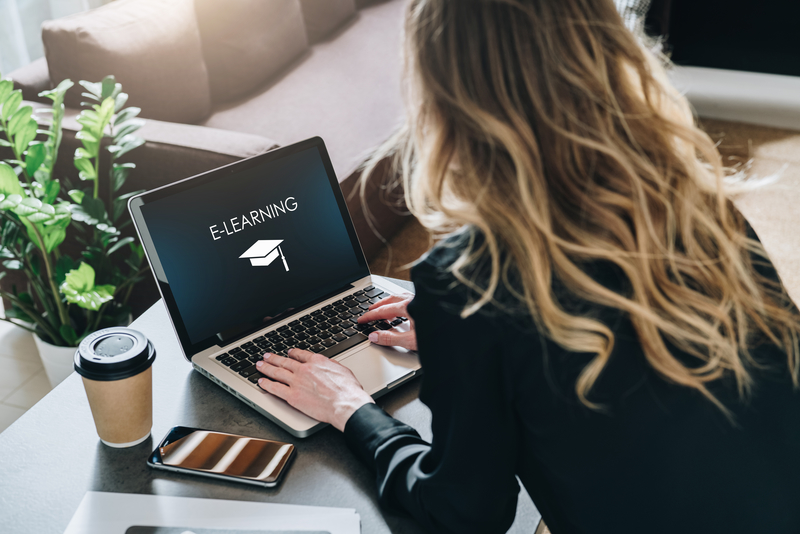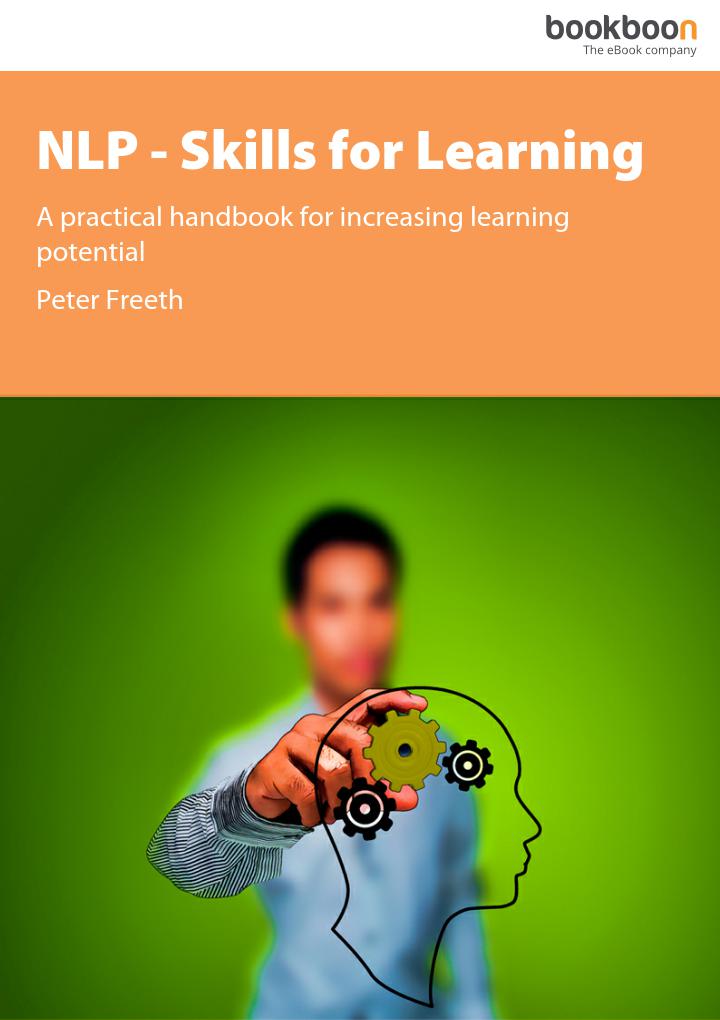6 Secrets of Intentional Learning

Learning is something that we all do, every day. Whether it is intentional learning or not. We learn new facts in the news, we learn new jokes from friends and we learn from our mistakes, and because of this, it’s easy to take learning for granted and just think that by sitting through a lecture, or reading a book, you’ll learn something. You certainly will, but it may not be quite what you intended.
This blog is a guest post written by Bookboon author Peter Freeth.
What is intentional learning?
Intentional Learning happens when you set out to learn something specific. You might Google for advice on how to solve a problem or cook a recipe. You might enroll in a training course to learn how to paint or speak another language. The point is that Intentional Learning is not accidental, and it is driven by a goal or need, even if you don’t know what that is.
Here are six tips for how to get the most out of your learning activities, and get the maximum learning from the minimum time and effort.
1. Know your Goal
First, understand why you’re learning something. It’s not enough to learn something because you feel you have to, or it’s what you do as part of your job. Even if you don’t think that your learning is intentional and driven by you, you still need to have a goal. And let’s face it, you’re very good at getting out of things that you really don’t want to do, so if you’ve decided to learn something, don’t blame anyone else; you’re learning because you chose to.
To set or clarify your learning goal, work through these questions in sequence:
– What do you want to achieve?
– What stops you from achieving that now?
– What do you need to learn in order to achieve that?
– What’s the easiest or most effective way to learn that?
– How will you know when you have learned it?
2. Structure your Learning
Don’t just dive in and start reading something. Based on your answers to the questions above, think about what activities will get the information that you need as quickly as possible. Sometimes, you might find that talking to someone else is more effective than reading, and sometimes you might find that half an hour’s browsing through Wikipedia is a good way to spark off some new ideas for you to explore.
While you need to structure your learning, remember that browsing, daydreaming and distracting yourself are all important parts of that structure too. However, there’s no doubt that the most effective learning is organised around a clear purpose, and that’s what you want to achieve. If you’re learning a new skill for your job, what’s the purpose? It’s not “Because my manager told me to”, it needs to be something that you want to achieve, as in secret 1.
The important thing is to take time at the start of and throughout the process to take a step back and think about how you’re learning, and if it’s the most effective way to achieve your goals.
3. Review
We rarely learn in one go. If you see a new movie, you can probably remember most of the story the next day. But how about a month later, or a year? You probably still remember the overall message of the movie, but do you remember all the characters? How about the dialogue?
Compare this to a favourite song that you’ve heard hundreds of times and which you can sing, word for word.
Reviewing doesn’t mean reading the same material again. It means looking at it in a different way. If you’ve read it to start with, draw yourself some pictures or cartoons.
4. Apply
All knowledge has a purpose, and if you don’t use it to achieve that purpose, it will fade away. Whatever subject you’re learning, you can apply it every day. You can see the principles of physics in the movement of the clouds, or of economics in the news, or of psychology in the café. Putting your knowledge to work is an important part of understanding it, because you’re able to make new connections that literally bring your learning to life, and you’re also able to relate your learning to your purpose even more strongly.
5. Reflect
Taking time to reflect on what you’re learning is important. Whether you spread your learning out and give yourself time to ‘sleep on it’, or you set aside specific time to think back over your learning journey isn’t so important. What you have to remember most of all is that if you revise immediately before a test, your recall won’t be as good as you think, because it’s not useful that something is ‘fresh in your mind’, it has to be firmly embedded in your mind. As an absolute minimum, revise in short bursts and allow yourself time off in between.
6. Teach
The best way to learn anything is to teach it to someone else. It forces you to reorganise the way that you think about the information to make it understandable for someone else, and you get to see how they interact with it. When you teach something, you find new ways to describe and illustrate it, and the interaction teaches you something new too.
Peter Freeth is the author of several books on subjects such as learning and high performance.




